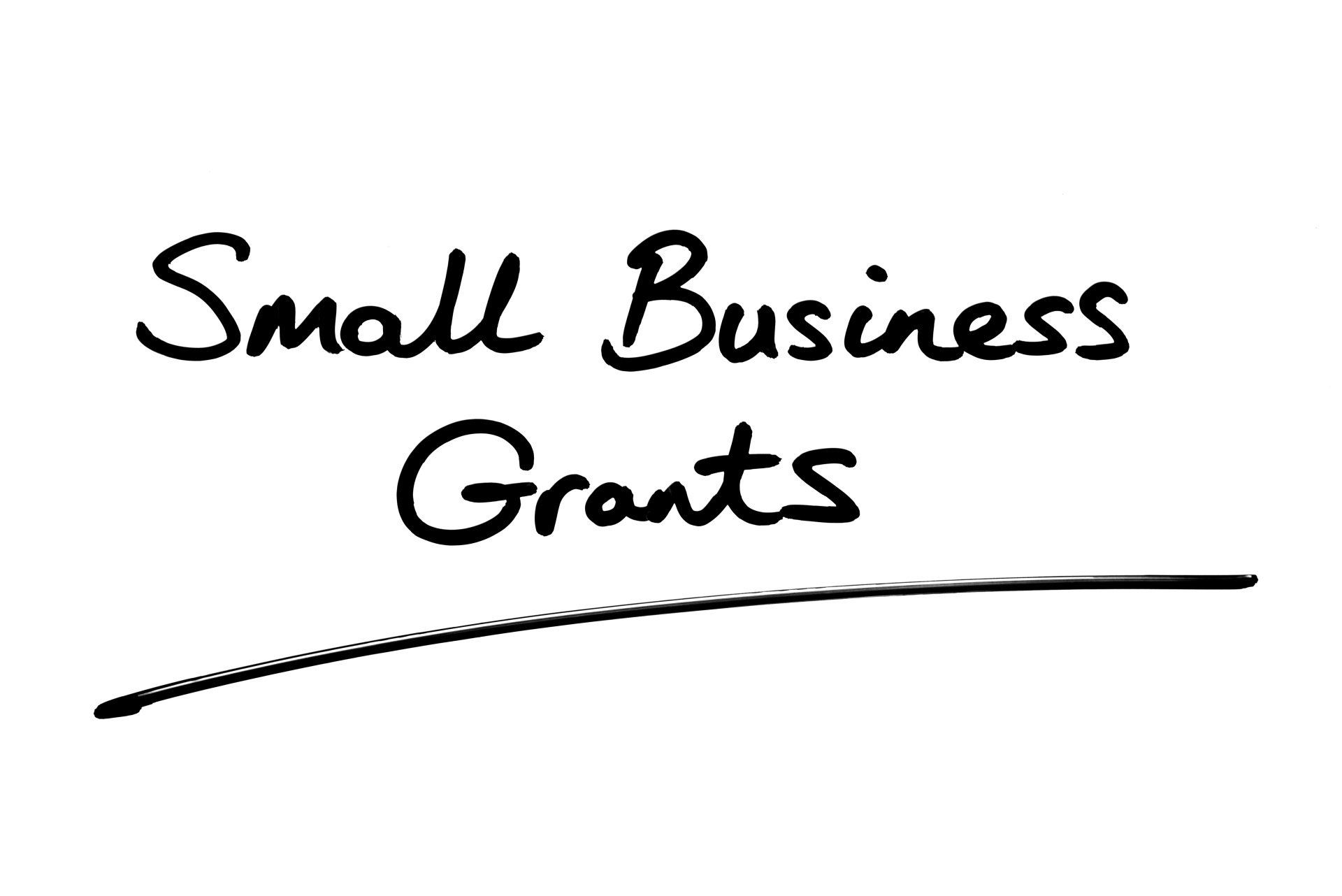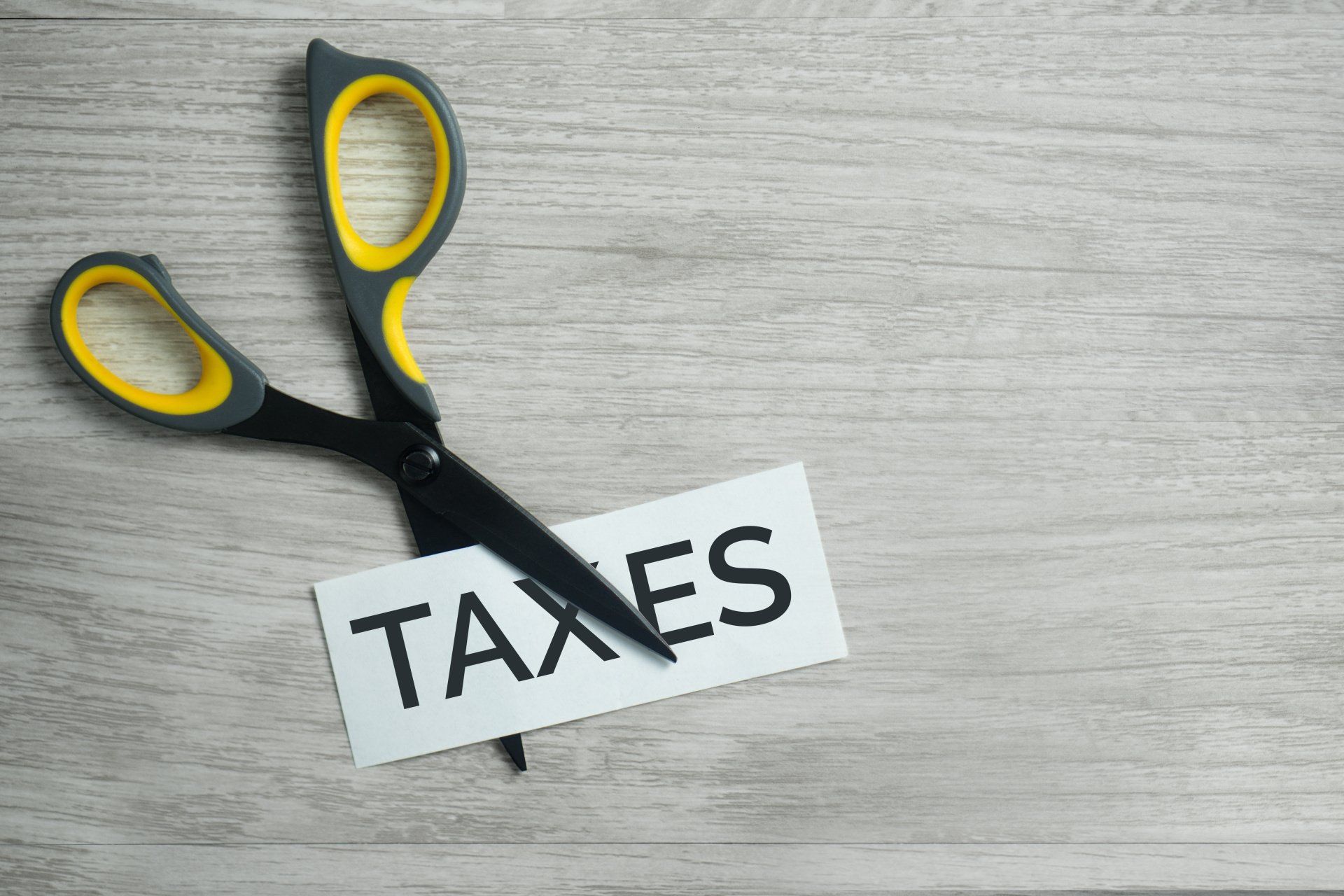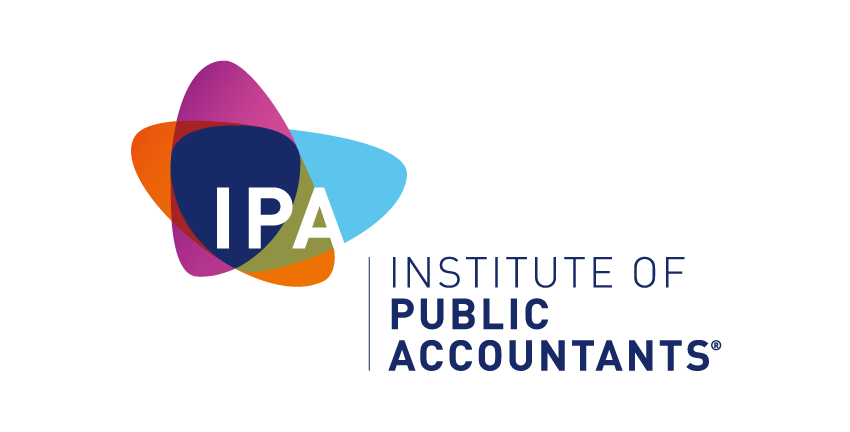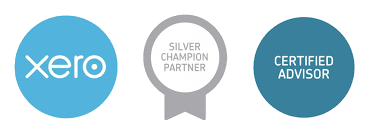People in financial distress as a result of the coronavirus pandemic can apply to access up to $10,000 of their superannuation in 2019-20 and again in 2020-21.
What can you access
If you are eligible, you are able to apply to release up to $10,000 of your superannuation once between 25 March 2020 and 30 June 2020, and again between 1 July 2020 and 24 September 2020.
The payments will not be taxed and will are not required to be included as income in your tax return.
If you have an SMSF, you cannot withdraw any amounts from the fund until your SMSF receives a release authority from the ATO enabling you to make the withdrawal.
Who is eligible?
Australian citizens, permanent residents and New Zealand citizens with Australian held super are eligible if at the time of applying to release your superannuation:
• You are unemployed; or
• You are eligible to receive a jobseeker payment, youth allowance for jobseekers, parenting payment (which includes the single and partnered payments), special benefit or farm household allowance; or
• On or after 1 January 2020:
o You were made redundant; or
o Your working hours were reduced by 20% or more from 1 January 2020*; or
o You are a sole trader and your business was suspended or there has been a reduction in your turnover of 20% or more from 1 January 2020*.
Temporary residents are eligible to apply to access up to $10,000 of their superannuation once up until 30 June 2020 if the following conditions are met:
• Student visa holders (subclasses 500, 570-576) if you have held the visa for 12 months or more and are unable to meet your living expenses; or
• Temporary skilled work visa holders (subclasses 457 and 482) if on or after 1 January 2020 you had your working hours reduced to zero by your employer and you are still employed by that employer; or
• All other temporary visa holders (including working holiday makers and other working visas) if you are unable to meet your living expenses
How to access your superannuation early
For Industry & retail funds:
1. Check your superannuation balance - if you make an application for more than you have you will not be able to make another application this financial year
2. Apply to the ATO through your myGov account (you will need to link the ATO to your account if you have not already)
3. The ATO will issue a release authority to you and your fund
4. The fund will then release the amounts to you
For SMSFs:
1. Check your trust deed for any specific provisions relating to the early release of superannuation
2. Apply to the ATO through your myGov account (you will need to link the ATO to your account if you have not already)
3. The ATO will issue a release authority to you and your fund
4. The trustees must self-assess the criteria (ensure you document this process and have the member’s documentation or a declaration from them)
5. The SMSF will then release the amounts to the member
If you withdraw too much, you can re-contribute the amount under the normal contribution rules.
Illegal Early Release of Super
Withdrawing your super early unless you meet a condition of release is illegal.
Should you not meet the eligibility criteria, the ATO will apply the general anti-avoidance rule for income tax (known as Part IVA) in relation to a COVID-19 early release of super arrangement if you (or a representative) enter into a scheme mainly for the purpose of obtaining a tax benefit. Which generally means that the payment will become assessable income and be included in your income tax return and you will pay tax on the released amount.
If you provide false or misleading information you could face penalties or more than $12,000 for each false and misleading statement.
Example 1: JobKeeper and no change to working hours
Harry works 40 hours per fortnight and his employer receives the JobKeeper payment to subsidise his income. He hears that if you receive a government benefit you can apply for COVID-19 early release of super. Harry applies in late May 2020 and receives $10,000 from his super fund.
We contact Harry and ask him to demonstrate his eligibility. Harry explains that he receives a government payment. We advise Harry that JobKeeper isn't a qualifying government payment but rather is a subsidy to his employer to contribute to his income. After discussing Harry's circumstances, we determine that he does not meet any of the other eligibility criteria as he has not had a reduction in his working hours.
We revoke the approval of Harry’s application. Harry needs to include the $10,000 he withdrew as assessable income in his income tax return and pay tax on the released super amount. In this case, we do not apply an administrative penalty as Harry genuinely thought he was eligible as a result of receiving JobKeeper.
Example 2: No change in circumstances, subsequently ignores advice
Tom studies full time and works most weekends as a casual employee at a takeaway shop. During COVID-19 lockdown the takeaway shop is able to remain open and Tom continues to work each weekend as he normally would. After hearing about the COVID-19 early release of super measure, Tom decides he could use some extra cash and applies for and receives $8,000 in May 2020.
When we review his application, we can see that the average amount he is paid from the takeaway shop hasn’t changed due to COVID-19. We ask Tom to demonstrate his eligibility and he explains that since he didn’t work full time he thought he was entitled to apply. We advise him that making a false or misleading statement can result in penalties and help him understand the eligibility criteria. We revoke the approval of Tom’s application. Tom needs to include the $8,000 he withdrew as assessable income in his income tax return. As Tom didn’t intend to make a false or misleading statement, we don’t apply a penalty this time.
In August 2020, Tom makes a second application for COVID-19 early release of super, this time for $5,000, despite no change in his working hours or the average amount he is paid. Tom is aware that he is not eligible but knowingly makes a false and misleading statement when he makes the application in August. We again revoke the determination we issue with respect to his application. As a result, Tom needs to include the $5,000 in his 2020-21 income tax return and pay tax on this amount. Tom also must pay $12,600 in penalties for making a false or misleading statement.
Example 3: Deliberately arranging affairs to appear eligible, false or misleading statement
David works for a freight company and when he hears about the COVID-19 early release of super measure. He continues to work his ordinary 37 hours each week. He still wants to apply even though he knows he doesn’t meet any of the eligibility criteria. He changes the bank account that his wage is paid into, to a bank account in his wife’s name, so that it looks like he is unemployed and no longer getting paid. In May 2020 he applies for $10,000 in early release of super and declares on the application that he is unemployed.
We contact David and ask him to demonstrate his eligibility. David produces copies of his personal bank statement showing that his pay was not deposited into his account after April 2020. Through the Single Touch Payroll data David’s employer sends to us each fortnight, we can see that David has continued to be paid, regardless of the bank account the money is deposited into. It becomes evident that David’s deliberate intention is to deceive the ATO and exploit the COVID-19 early release of super measure.
We revoke the approval of David’s application. David needs to include the $10,000 he withdrew as assessable income in his income tax return. David also must pay $12,600 in penalties for making a false or misleading statement.
As access to your superannuation is self-assessed, it’s important that you keep copies of the documentation that substantiates your eligibility in case the ATO queries you.
*Compare the reduction from a month or period from 1 January 2019 to a period on or before 30 December. For example, you might compare April 2020 to average monthly turnover between July 2019 and December 2019.








